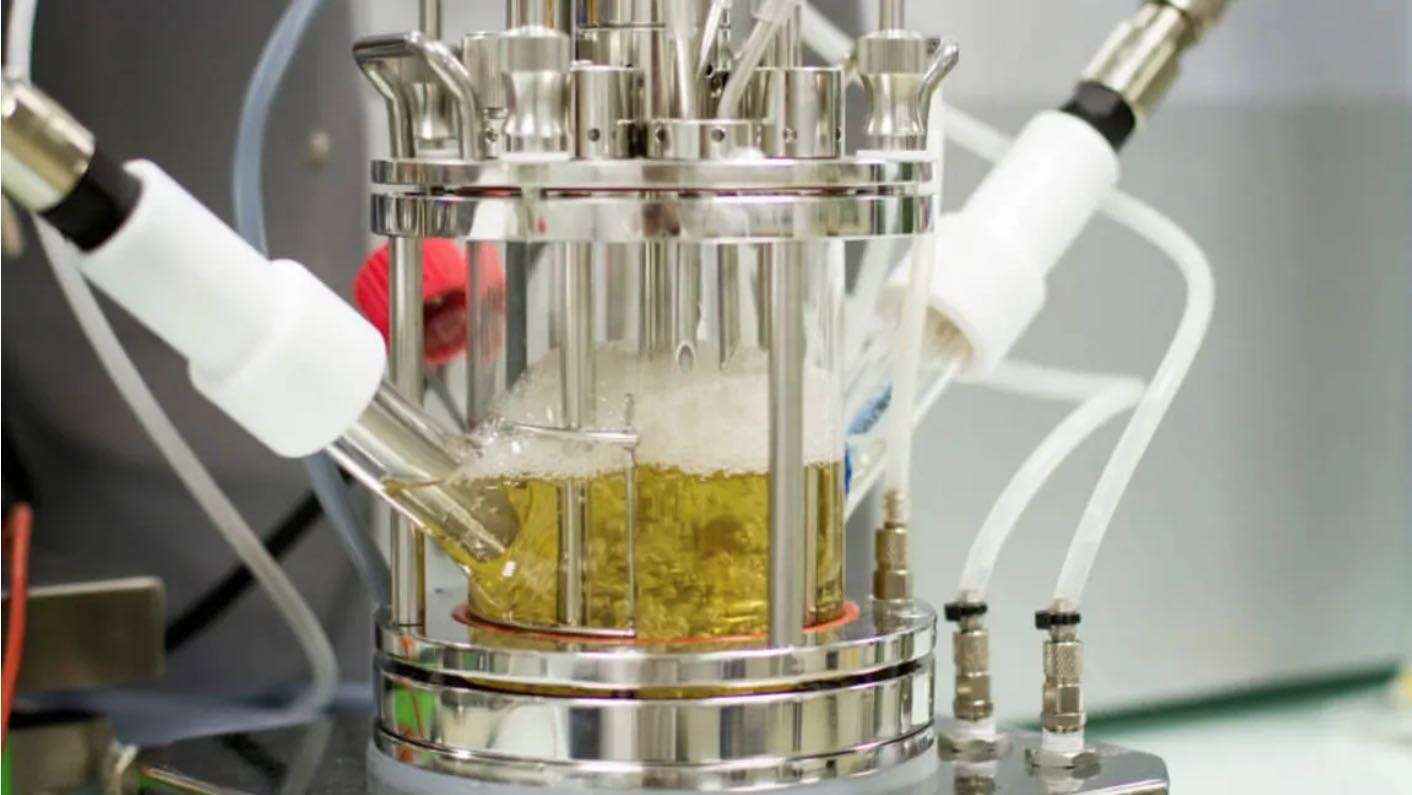World's First Totally-Green Tractor Set to Plow Down European Farming Emissions
AUGA Group have produced a biomethane-electric tractor that is net-zero emissions, and set to transform the Euro ag industry.

The French firm that has taken an enzyme found in decomposing leaves and tweaked it, so it can decompose plastic instead, has now opened a demonstration plant where they are showing their recycling process can achieve the goals they predicted 18 months ago.
Several obstacles have prevented humanity from getting control of the plastic pollution problem. Mechanical recycling is expensive to run, while market demand for costly recycled plastic is low. Plastic collection around the world is still under 25%, and some plastic polyesters remain without a recycling method.
As WS reported in 2020, the technology from Carbios solves many of these problems, and they're confident their demonstration plant will win the support of corporations like PepsiCo, L'Oreal, and Nestle.
At the new Carbios plant in Clermont-Ferrand, a reactor about the size of a cargo van has the capacity to process around 100,000 ground up plastic bottles in just 10-16 hours—that's around two tons of ground-up PET (polyethylene terephthalate), the most common form of plastic bottle.
It breaks down the polymers—long complicated molecules, into monomers—smaller, simple building blocks, separating the two major components of polyethylene glycol from terephthalic acid, in a matter of hours; exactly as they predicted in 2020.
One major advantage this enzymatic method offers over mechanical recycling is that the end product of plastic monomers is actually far closer to the original material manufacturers use with petroleum to make new bottles, than if they bought chopped-up plastic.
CHECK OUT: New Family of Enzymes Could Transform Common Plant Waste into Fuel and Biodegradable Plastic
Using the experience gained at this plant, Carbios will improve the upcoming industrial-size plant forecasted to open 2025.
While their recycled plastic monomers cost more than mechanically-recycled plastic, the method can reduce the greenhouse gas emissions by 30%, thanks to a reduced reliance on heavy industry, which is attractive to corporations that need to demonstrate their environmental responsibility.
As enzymatic recycling advances as a technology, a chance for more complex plastics like polypropylene, or those found in artificial clothing could eventually be tackled.
RECYCLE The Good News And Share It With Your Friends On Social Media…
Be the first to comment